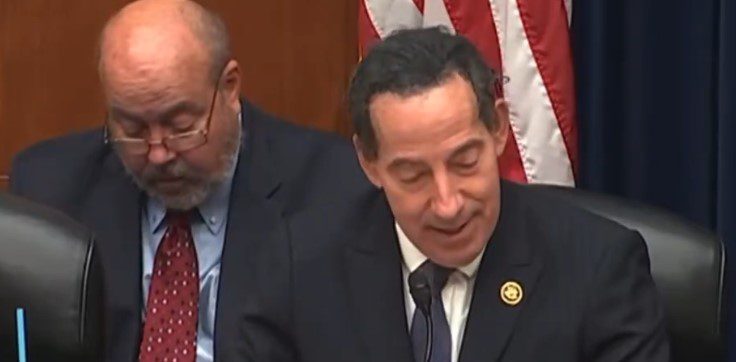Rep. Jamie Raskin’s Insight on America’s Founding
During a recent exchange on the House floor, Rep. Jamie Raskin (D-MD) provided a compelling perspective to Rep. Clay Higgins (R-LA) regarding America’s founding. In response to Rep. Higgins’ assertion that the founders never anticipated the current volume of illegal immigration, Rep. Raskin countered with a historical fact that is often overlooked.
Understanding America’s History
Rep. Raskin astutely pointed out that when the Constitution was adopted, there were no immigration laws in place. This meant that the concept of illegal immigration as we know it today did not exist during that time. In essence, the only individuals who could have been considered “illegal” by the native population were the very people who were instrumental in drafting the Constitution.
Challenging Historical Narratives
It is crucial to acknowledge the full scope of America’s history, including the complex legacy of its founding. Rep. Raskin’s assertion serves as a reminder that the United States is fundamentally a nation of immigrants. The original settlers who arrived on American shores, evolving into colonists and later revolutionaries, played a pivotal role in shaping the country’s trajectory.
However, there exists a tendency among some individuals, particularly within certain political factions, to sanitize and oversimplify historical narratives. This often involves downplaying the contributions and complexities of America’s diverse population throughout its history.
Embracing Diversity and Complexity
By recognizing the heritage of those early settlers as immigrants, Rep. Raskin highlights the rich tapestry of backgrounds that have woven together to form the fabric of American society. It underscores the importance of embracing diversity and acknowledging the varied perspectives that have shaped the nation’s evolution.
It is imperative to move beyond narrow interpretations of history and engage with the nuanced realities that have defined America’s past. Rep. Raskin’s words serve as a potent reminder of the intricate interplay between immigration, identity, and governance within the United States.
Image/Photo credit: source url





